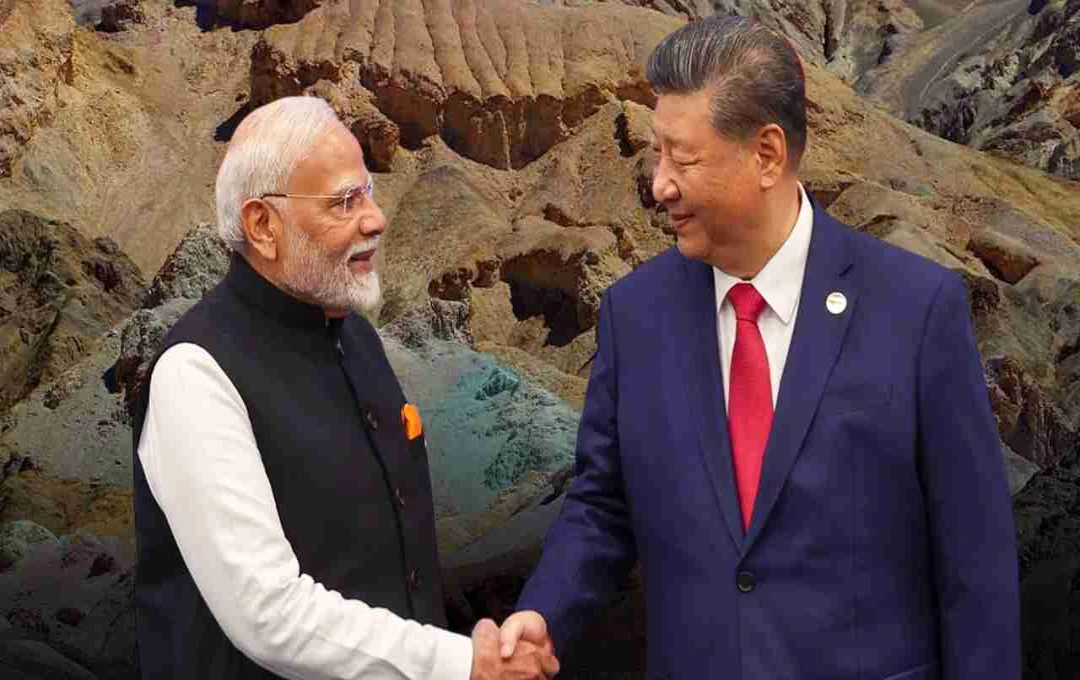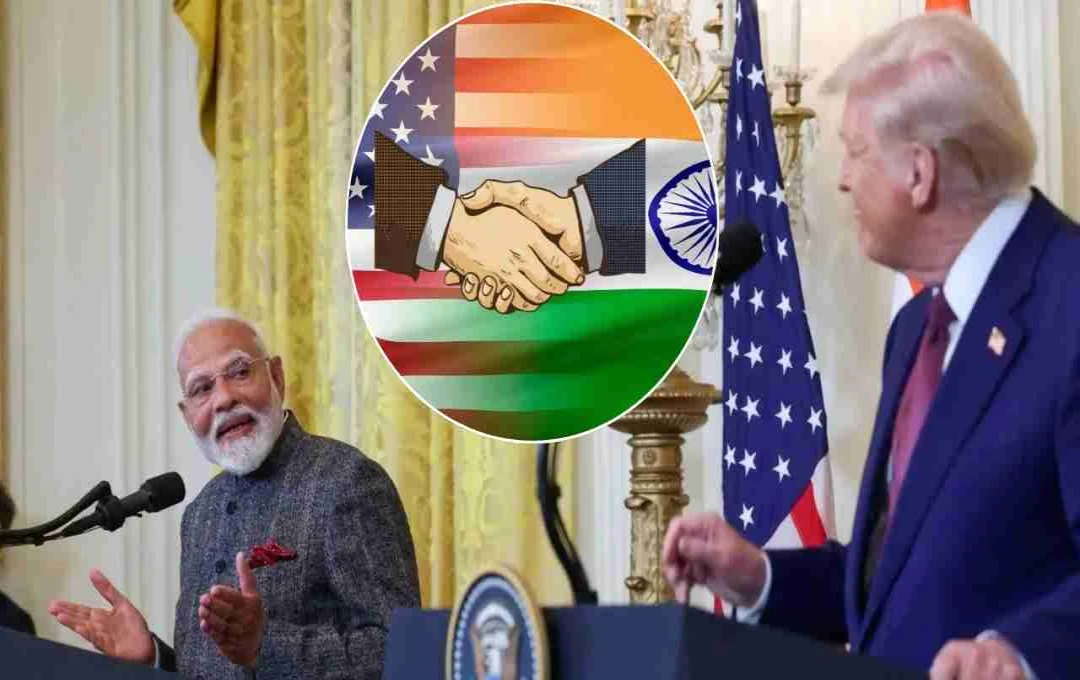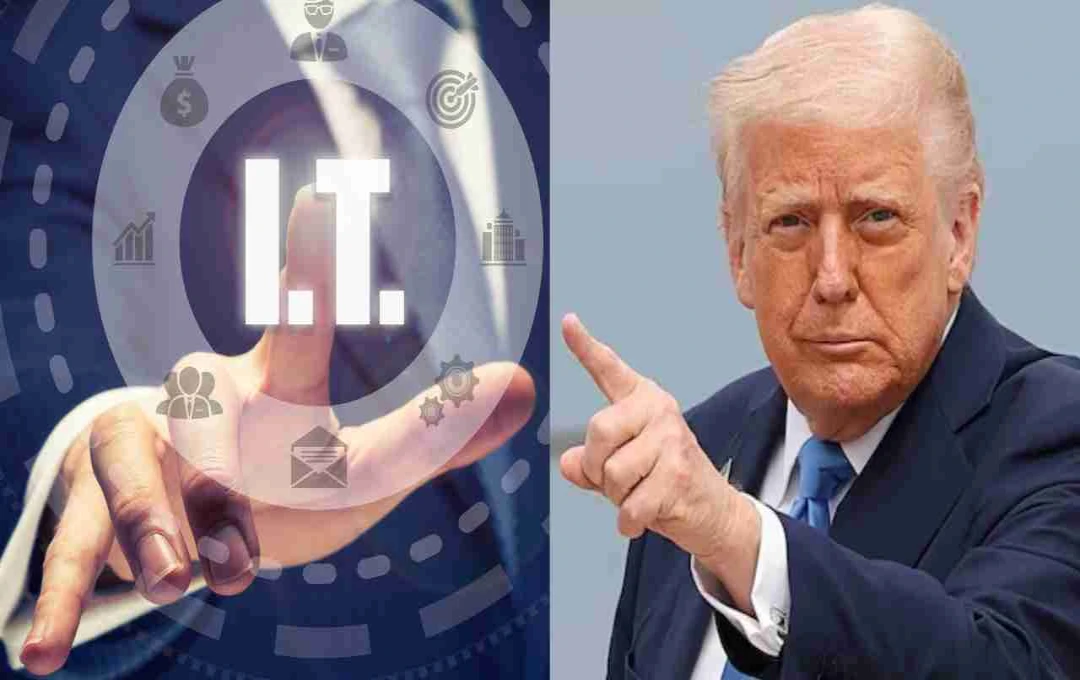The issue of restrictions on Rare-Earth Magnets was prominently raised during recent high-level talks between India and China. This significant meeting between India's External Affairs Minister S. Jaishankar and Chinese Foreign Minister Wang Yi on June 14 created a positive atmosphere regarding the import of Rare-Earth Metals, sparking new hope in the Indian manufacturing sector.
Following the meeting, sources reported that both countries emphasized constructive dialogue on trade issues and indicated increased cooperation on sensitive topics such as Rare-Earth Magnets. Indian industry hopes that China may ease these restrictions in the coming days, providing significant relief, especially to companies in the electronics, automobile, and green energy sectors.
Impact on Indian Industries
Due to China's current policy, importing Rare-Earth Magnets has become expensive and time-consuming for Indian companies. Electric vehicle manufacturers, defense equipment companies, and the medical device sector have been particularly affected by this supply constraint.
Industry organizations such as FICCI and CII have consistently urged the government to prioritize Rare-Earth-related issues in discussions with China. Now that the External Affairs Minister himself has raised this issue with China, a new energy is being felt in the industry.
What is the Importance of Rare-Earth Magnets?

Rare-Earth Magnets are used in many key devices in the technology sector. These magnets are considered the heart of advanced products such as electric vehicles, wind turbines, mobile devices, medical scanners, and defense equipment. Their strength and durability make them special.
India is currently heavily dependent on China for Rare-Earth Magnets. China controls approximately 60 to 70 percent of the global supply chain of Rare-Earth elements. In such a situation, any export restrictions or controls on these by China can be problematic for emerging technology countries like India.
Why did China Impose Restrictions on Rare-Earths?
In recent years, China has imposed strict restrictions on the export of Rare-Earth elements. This was due to rapid growth in domestic demand and efforts to control environmental impacts. Additionally, some international tensions led China to strategically control the supply of Rare-Earths.
China argued that these resources are limited and have a serious impact on the environment, so it is necessary to carefully manage both their consumption and export. However, this has affected industries in many developing countries, including India.
Rare-Earth Production and Alternatives in India
India also has reserves of Rare-Earth elements, especially in states like Odisha, Andhra Pradesh, Jharkhand, and Kerala. However, their commercial exploitation is currently limited. This is due to technical challenges, lack of investment, and environmental clearance hurdles.
The Indian government has also taken steps in this direction, starting work on a plan to allow private companies to mine and process Rare-Earths. Simultaneously, Indian companies are also entering into supply agreements with countries like Japan, Australia, and the United States.
Hope for Relief in the Technology Sector

Entrepreneurs associated with the technology and startup sectors believe that the easy availability of Rare-Earth Magnets will be a major step towards making India self-reliant in green technology, semiconductor manufacturing, and high-end mechanical equipment manufacturing.
In the event of cooperation with China, not only will costs decrease, but the quality of products and global competitiveness will also improve. Additionally, companies will also be strengthened under India's PLI (Production-Linked Incentive) scheme.
Who Will Benefit the Most from the Dialogue?
If China provides some relief from the restrictions on Rare-Earth Magnets, several emerging industries in India will directly benefit. In particular, EV startups, smartphone companies, defense-related public sector units, and medical device manufacturers could benefit significantly.
In addition, this step will also be seen as a sign of restoring trust in India-China trade relations. Trade cooperation between the two countries had stalled in recent years due to border disputes, but now a new beginning of dialogue is underway in the technical and economic fields.
Increased Confidence Due to the Vigilance of the Ministry of External Affairs
Experts say that this initiative of the Government of India shows that the use of foreign policy is no longer limited to diplomatic objectives, but is also being used to strengthen the country's economic and industrial strategies.
Giving prominence to an important issue like Rare-Earths in the India-China talks sends a signal that the interests of the industry will also be given equal importance in every dialogue. This may further increase the confidence of the Indian business community and global investors in India.















